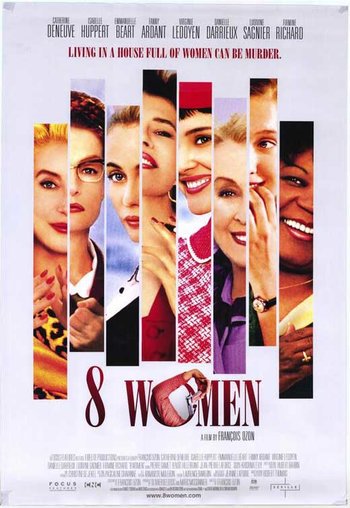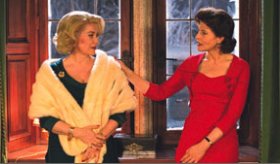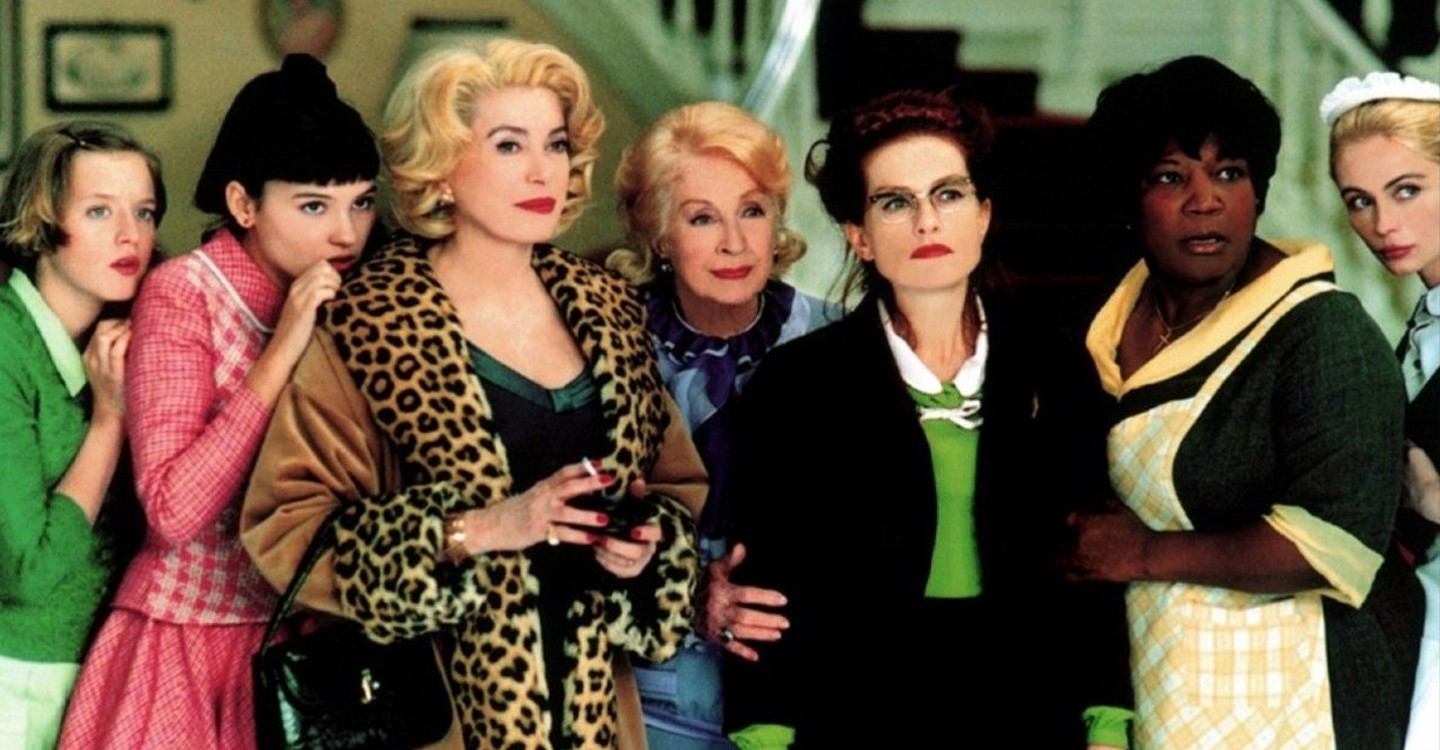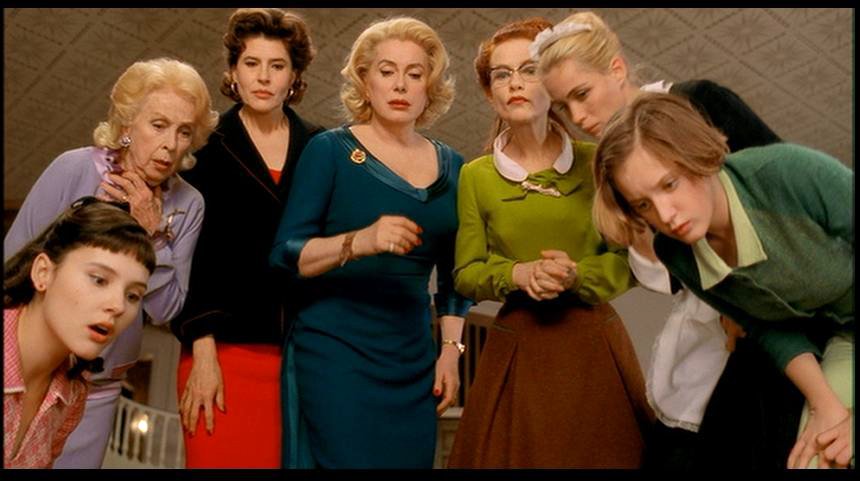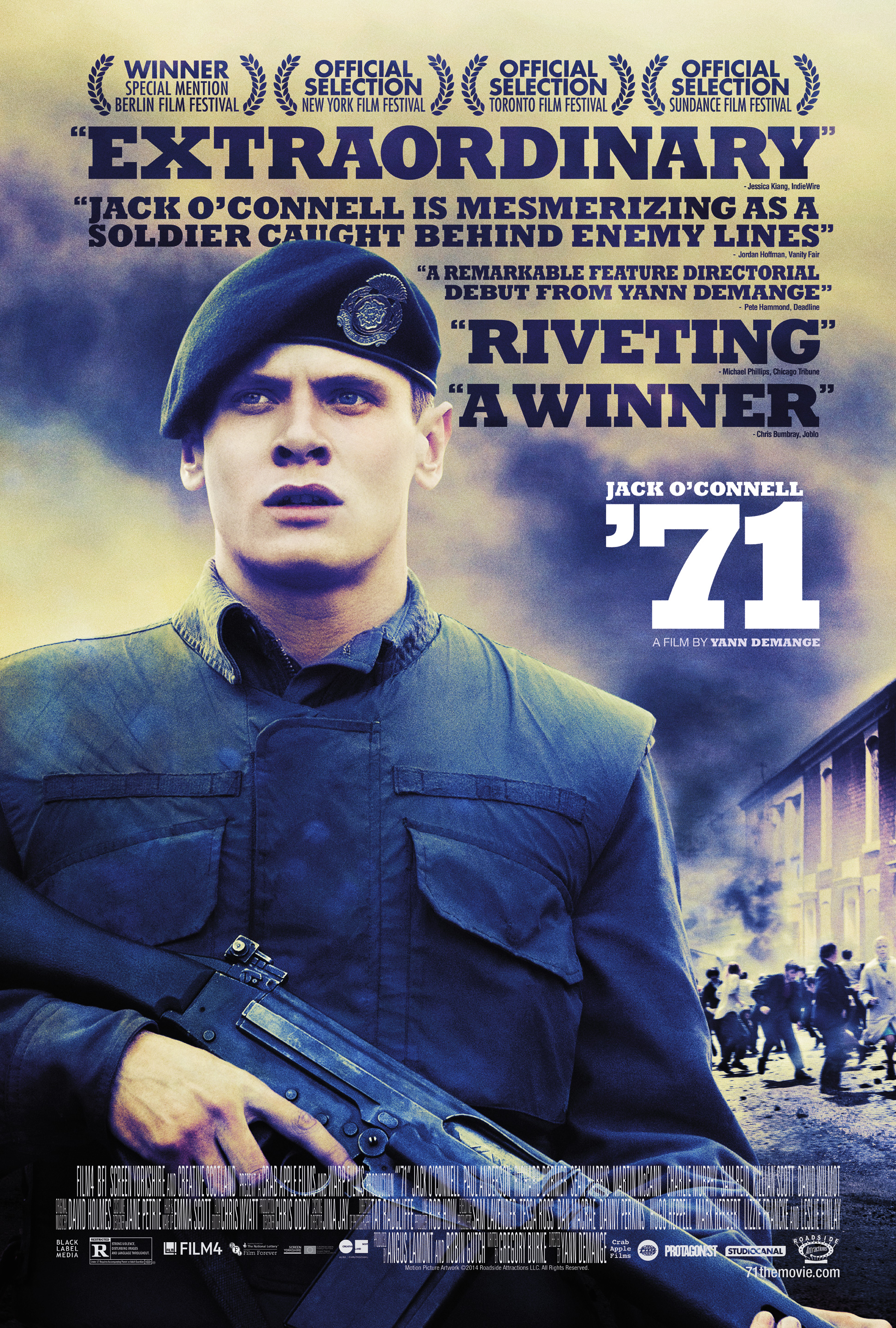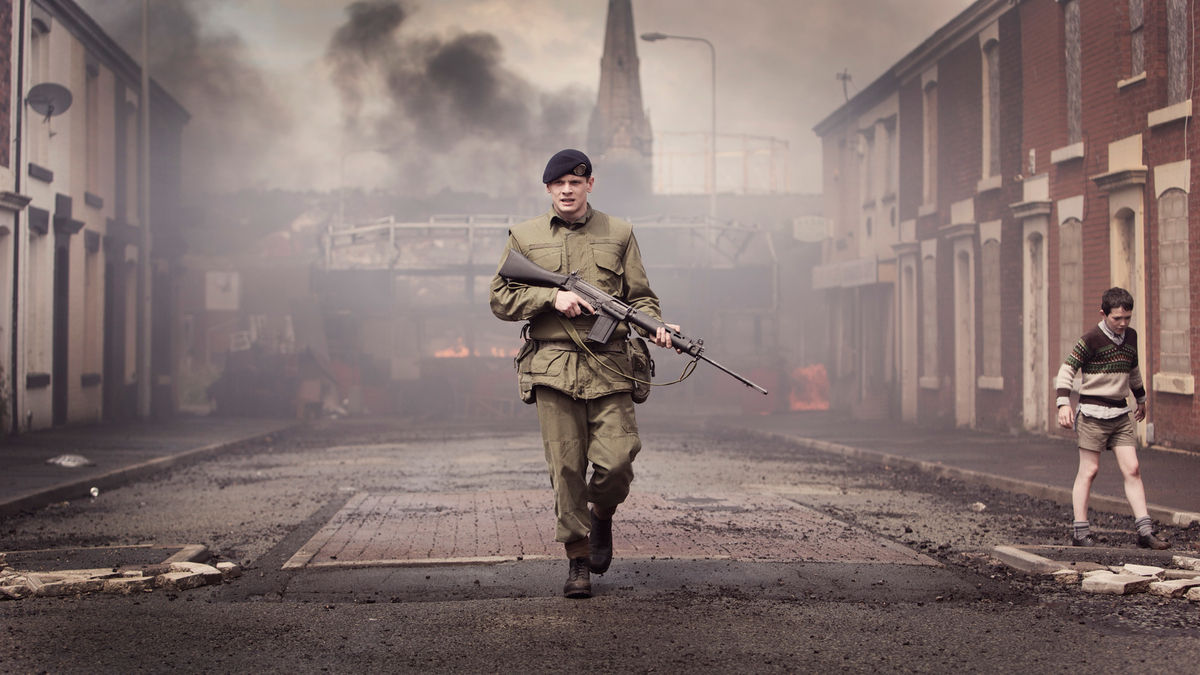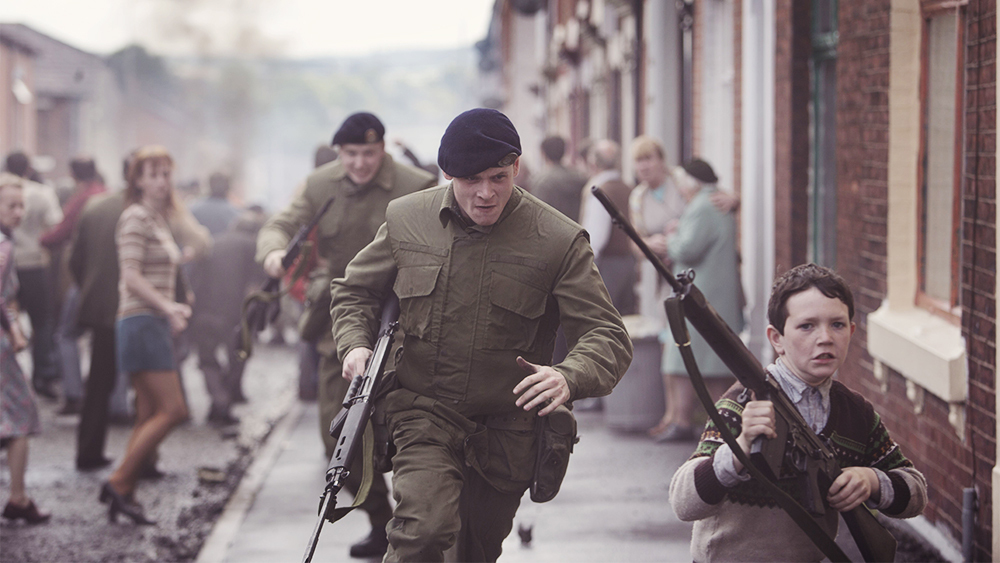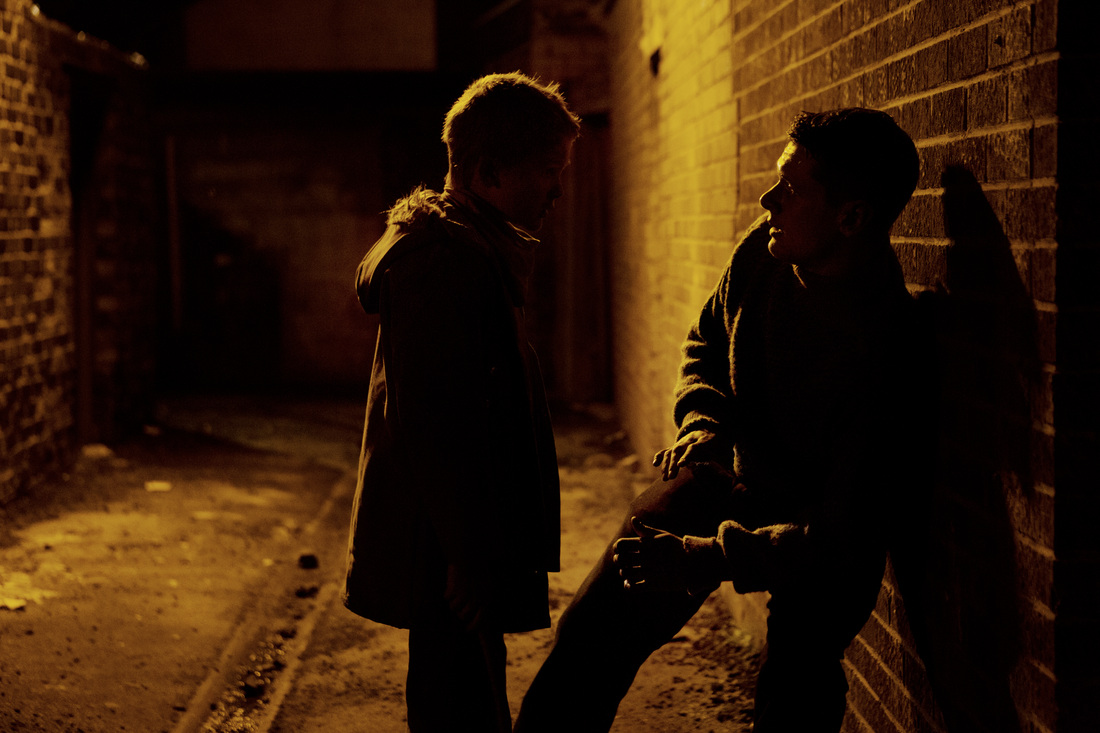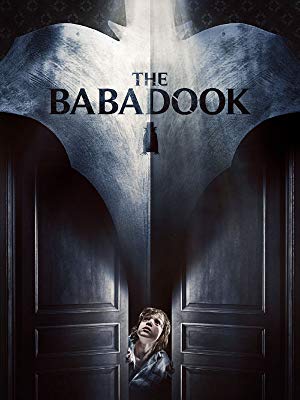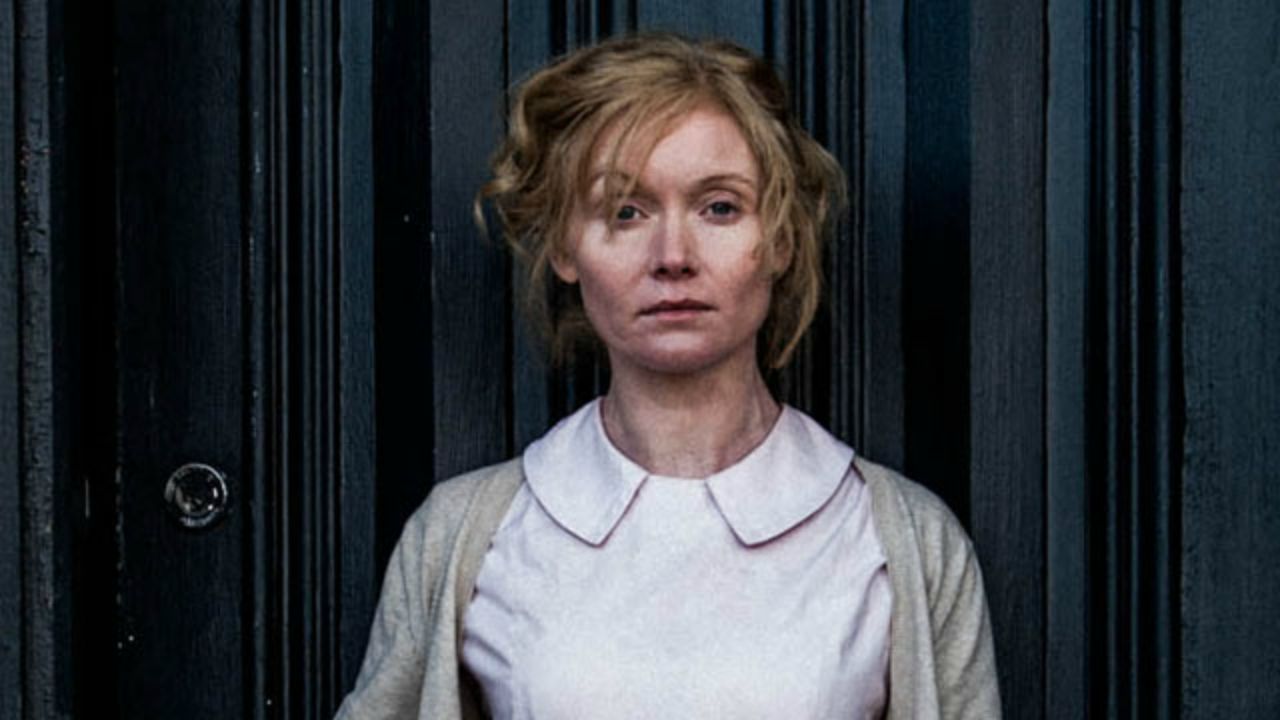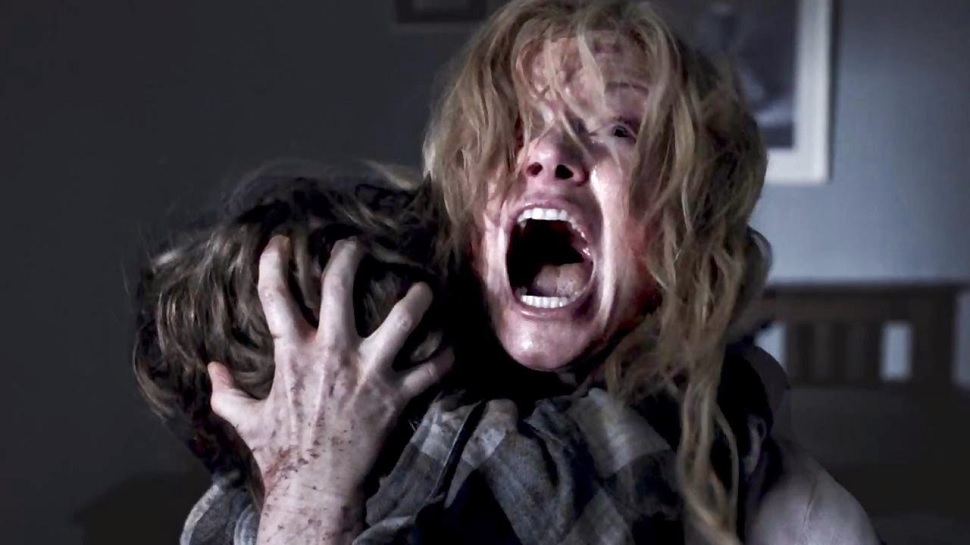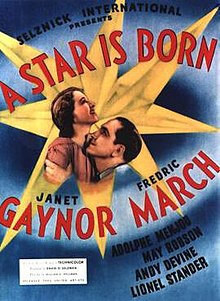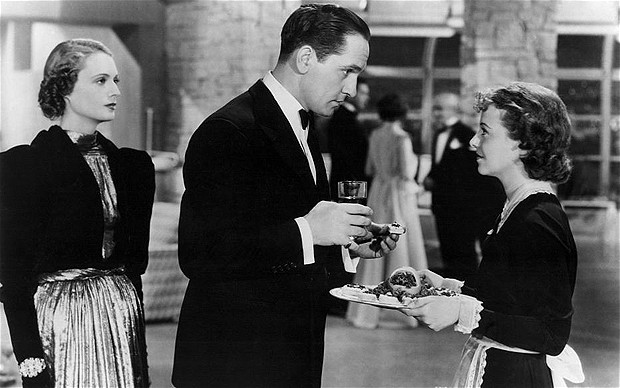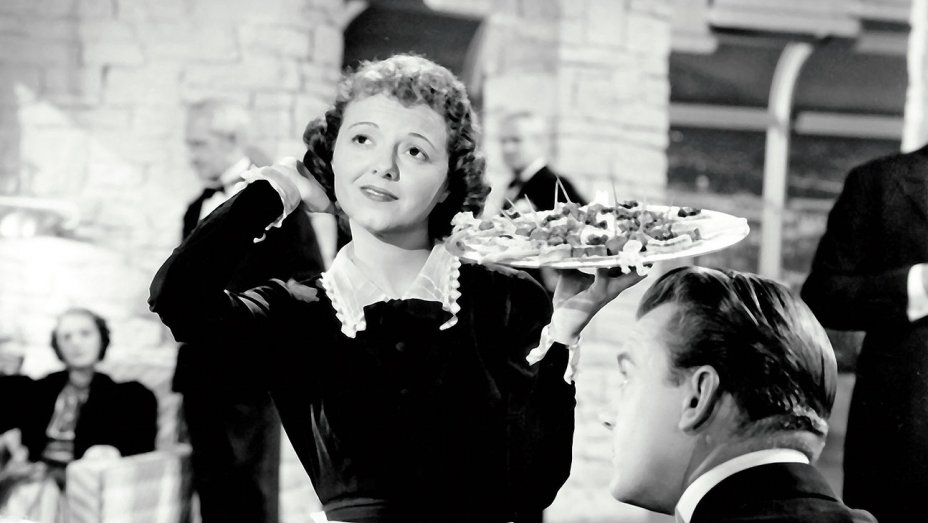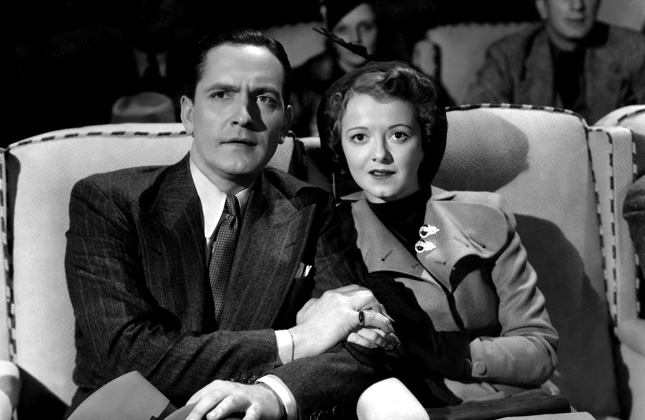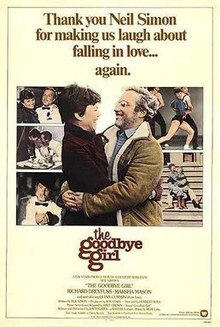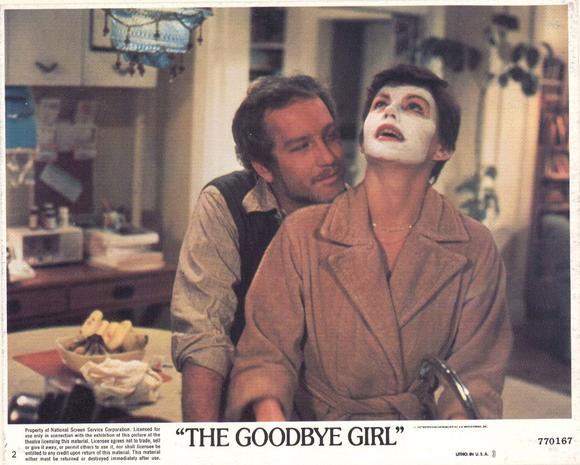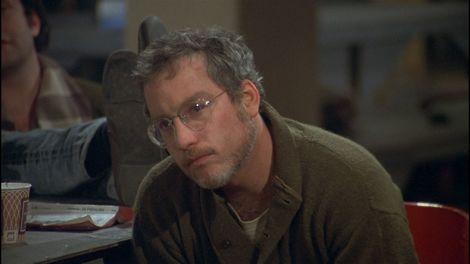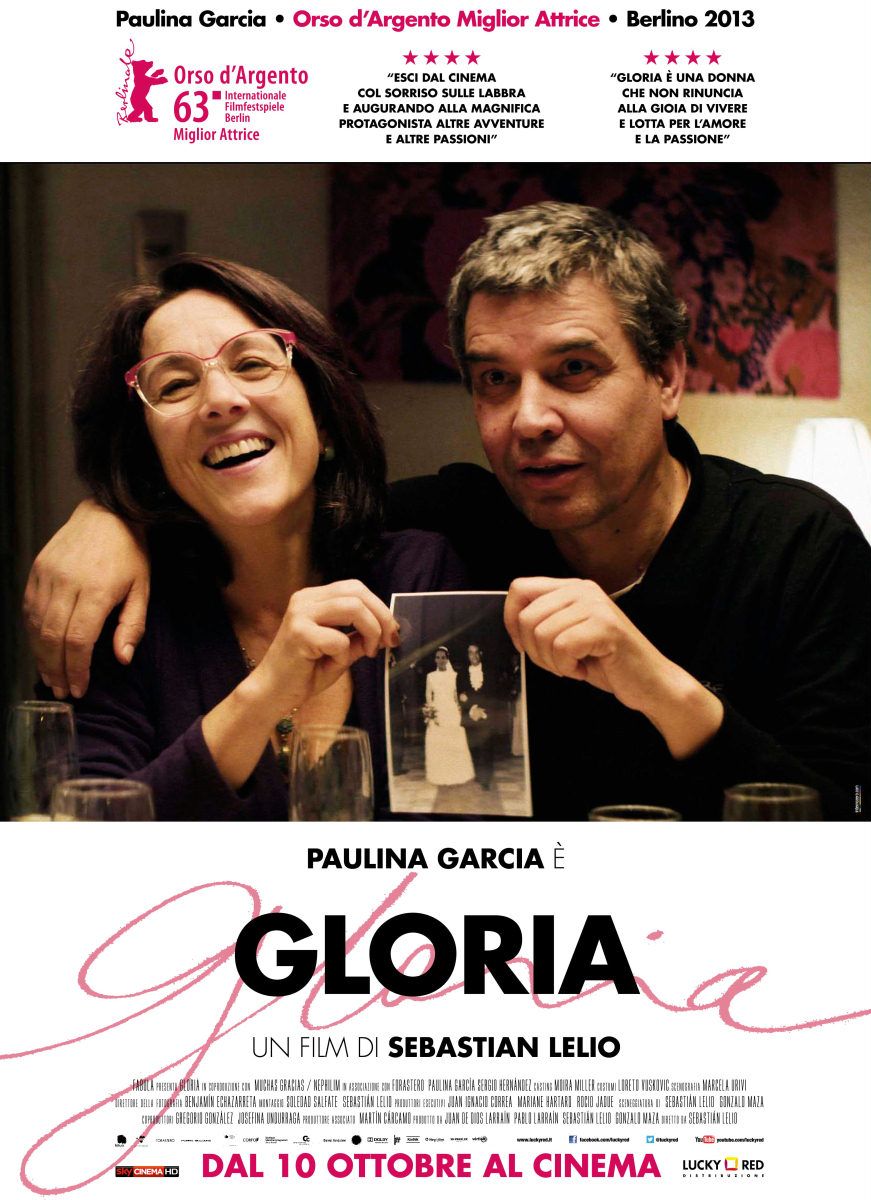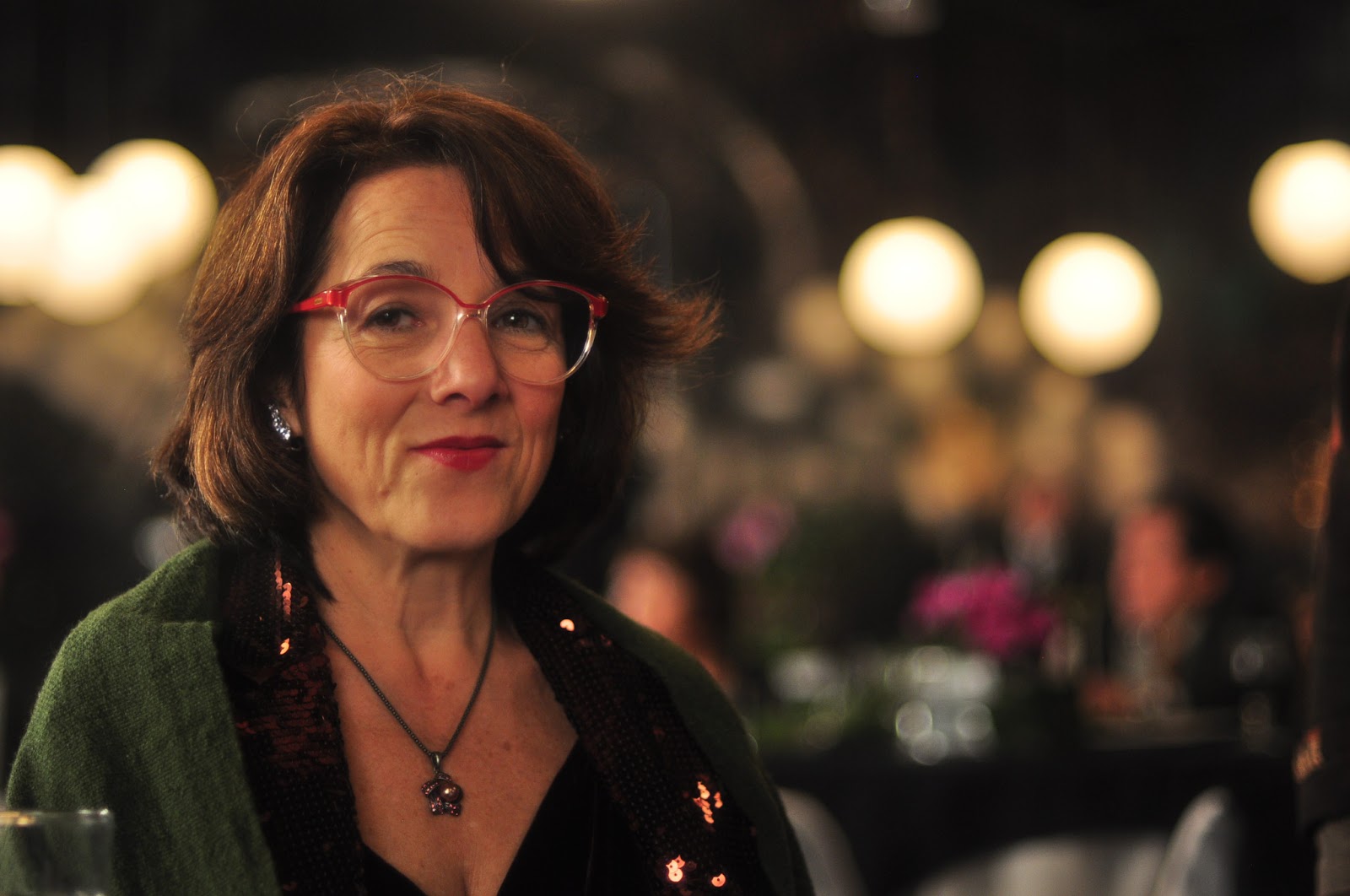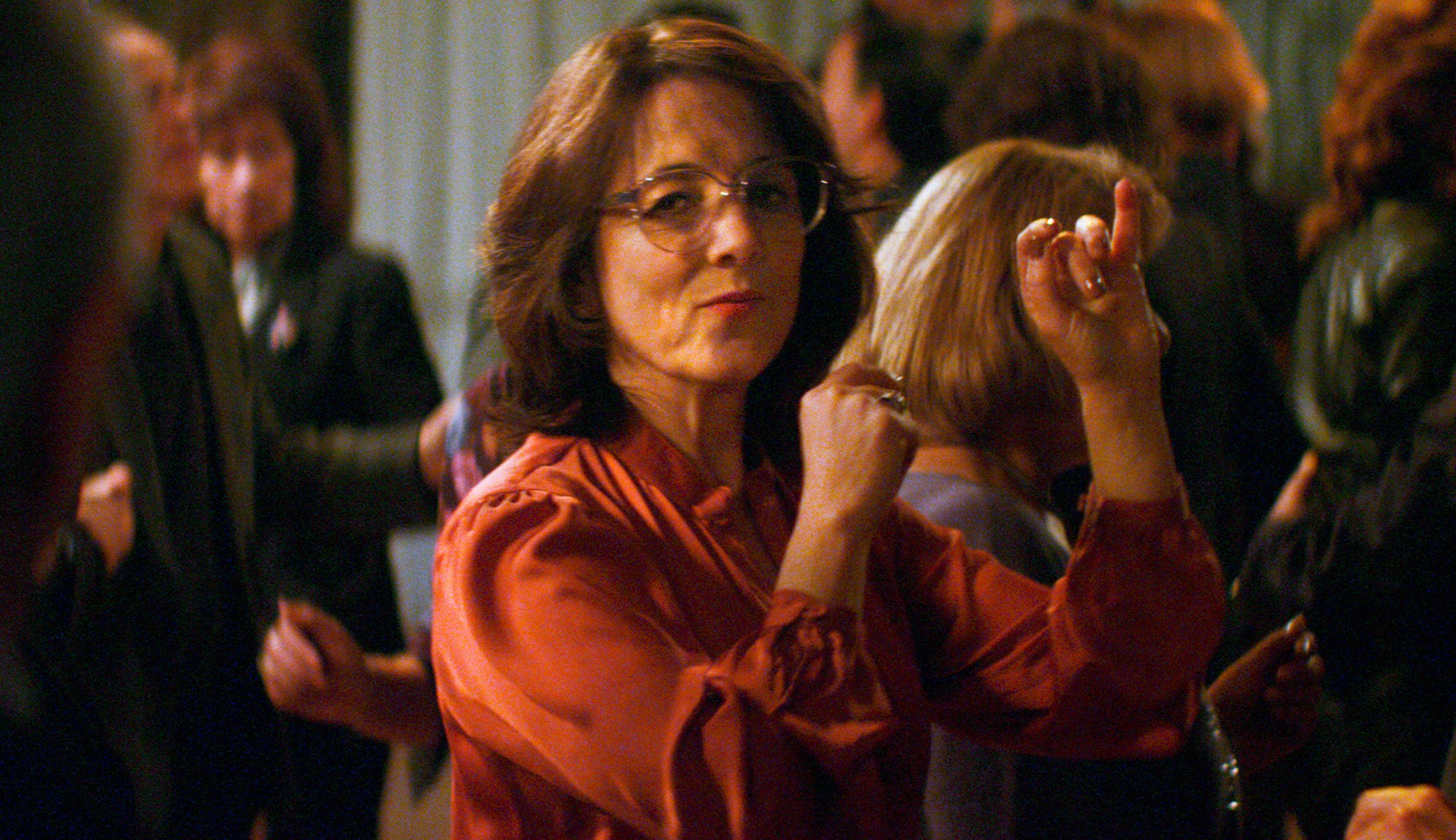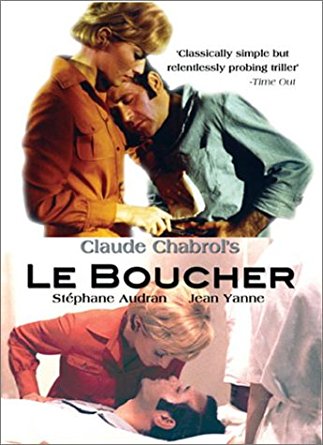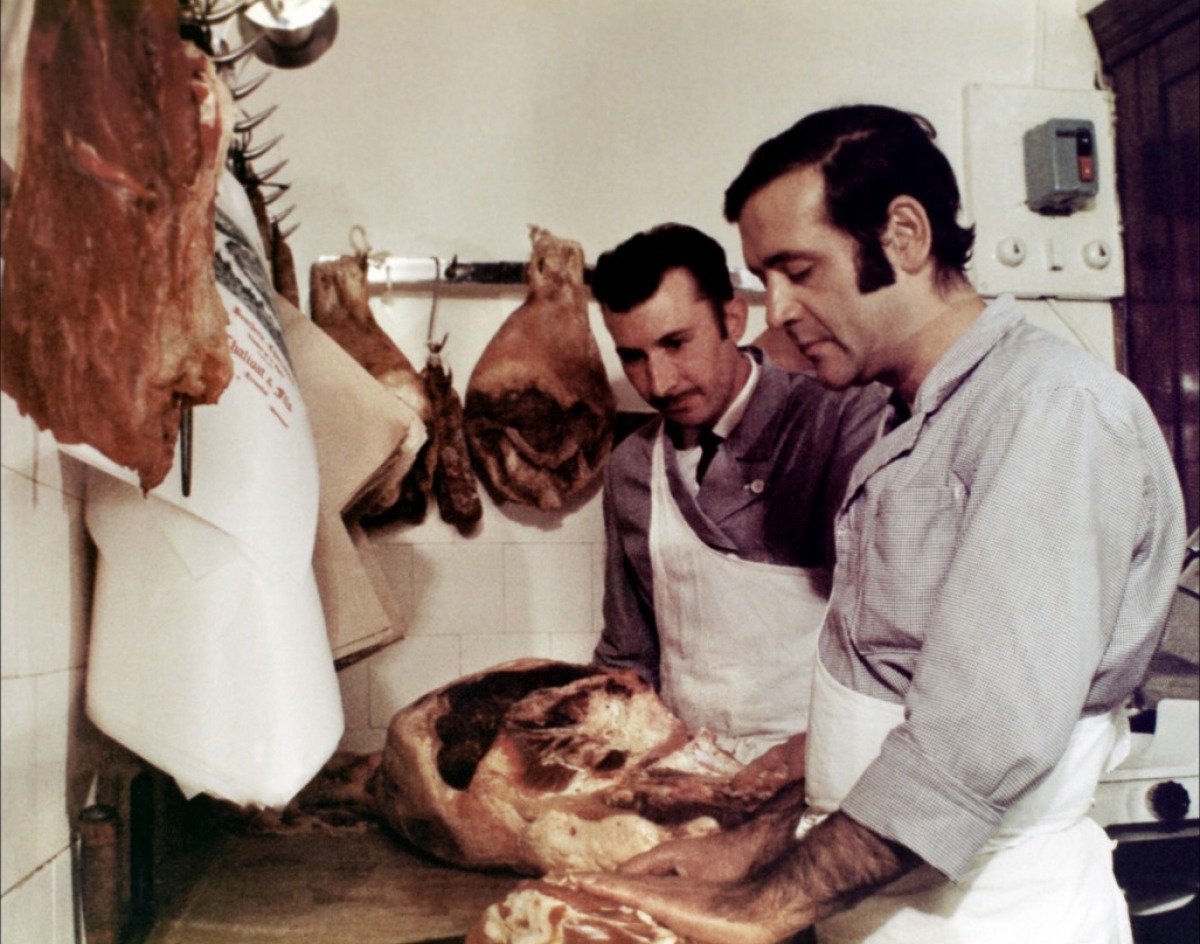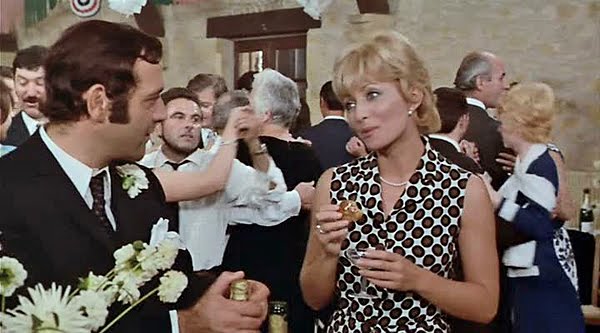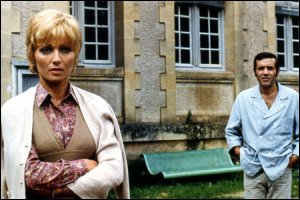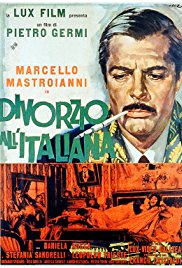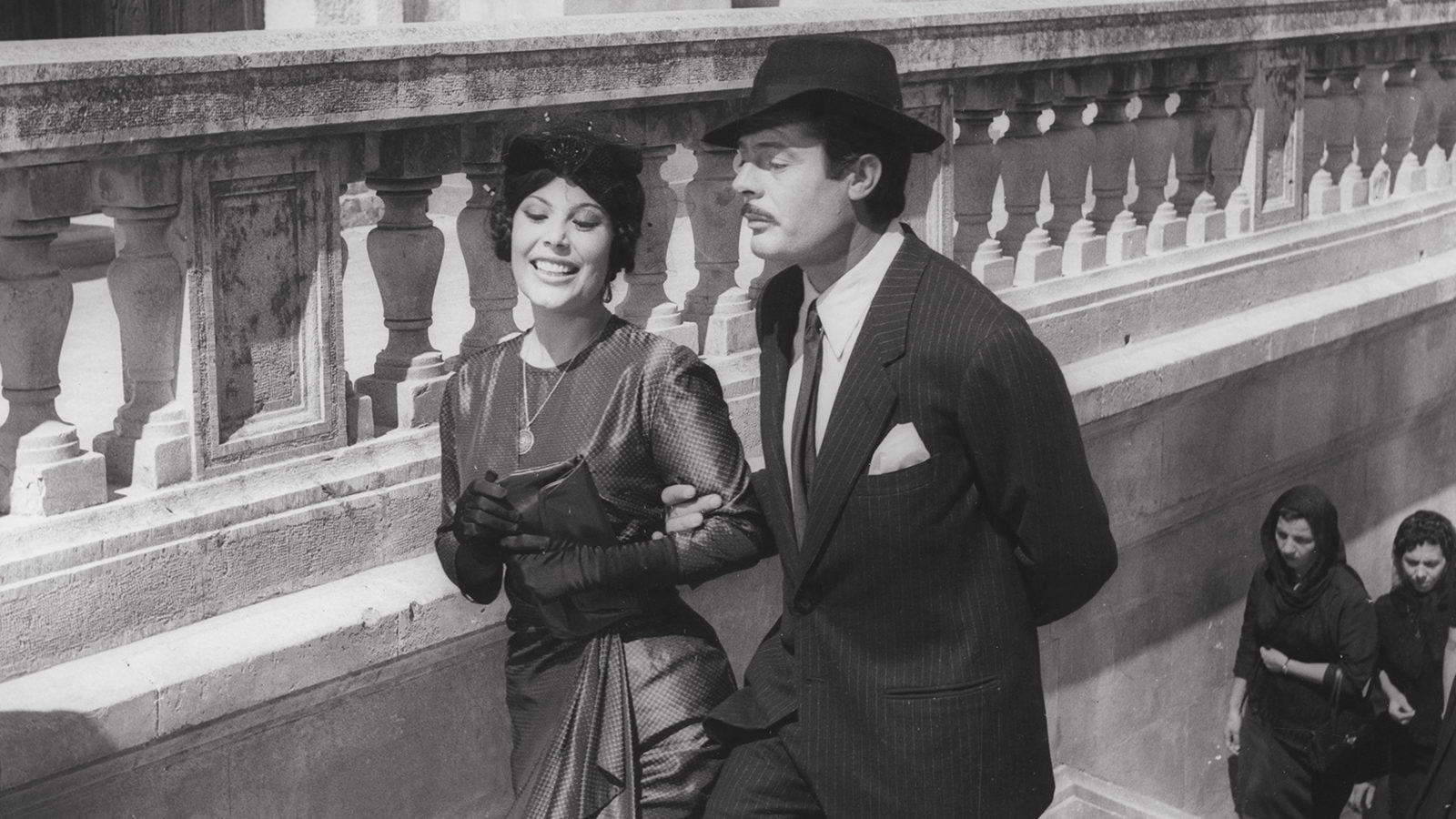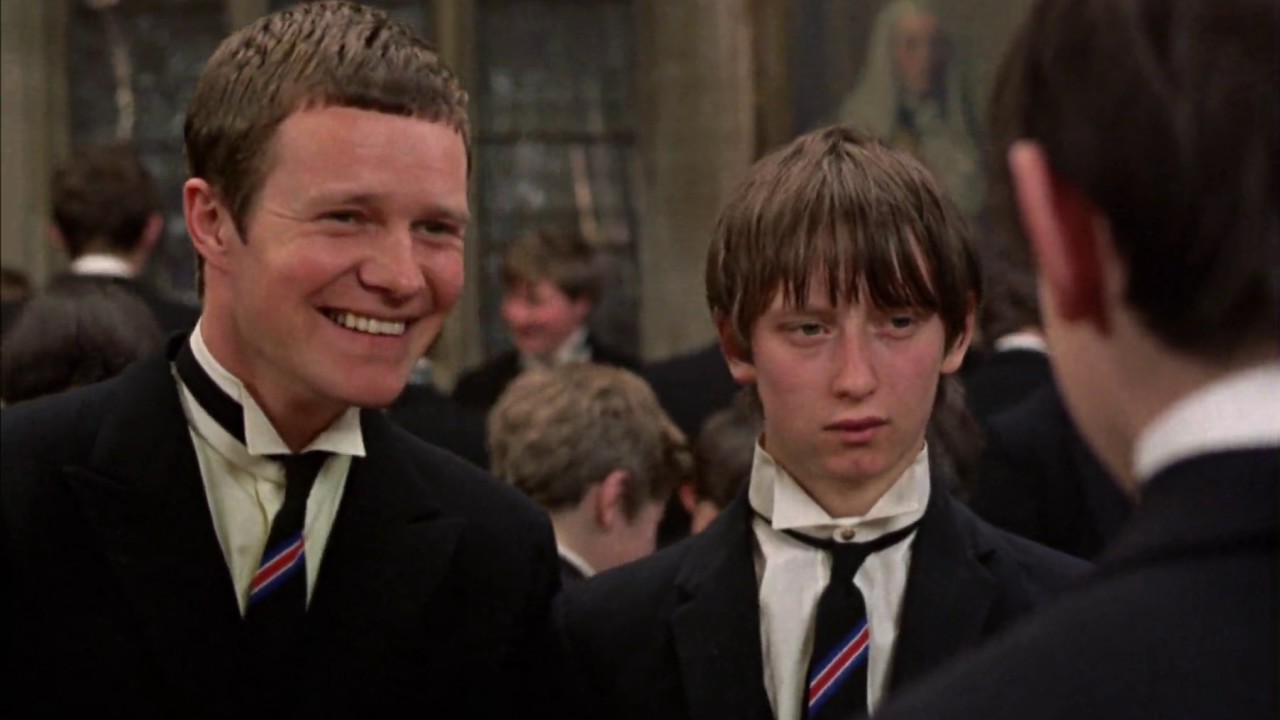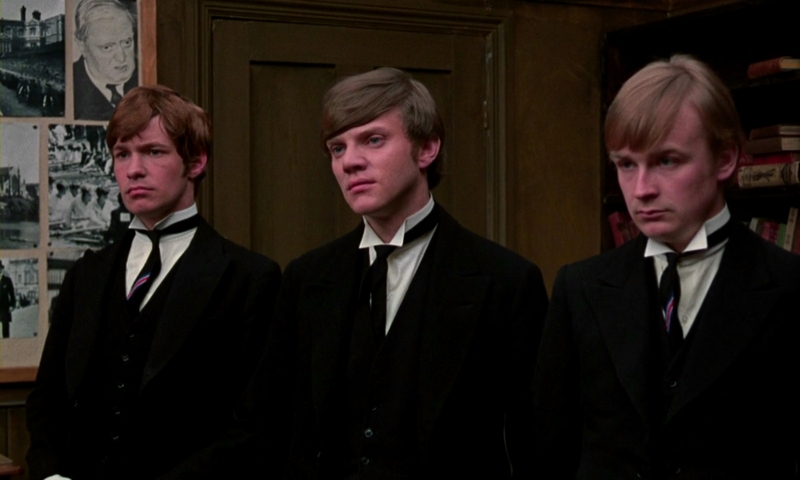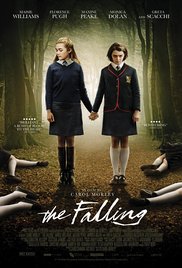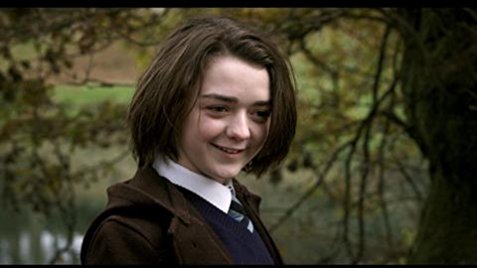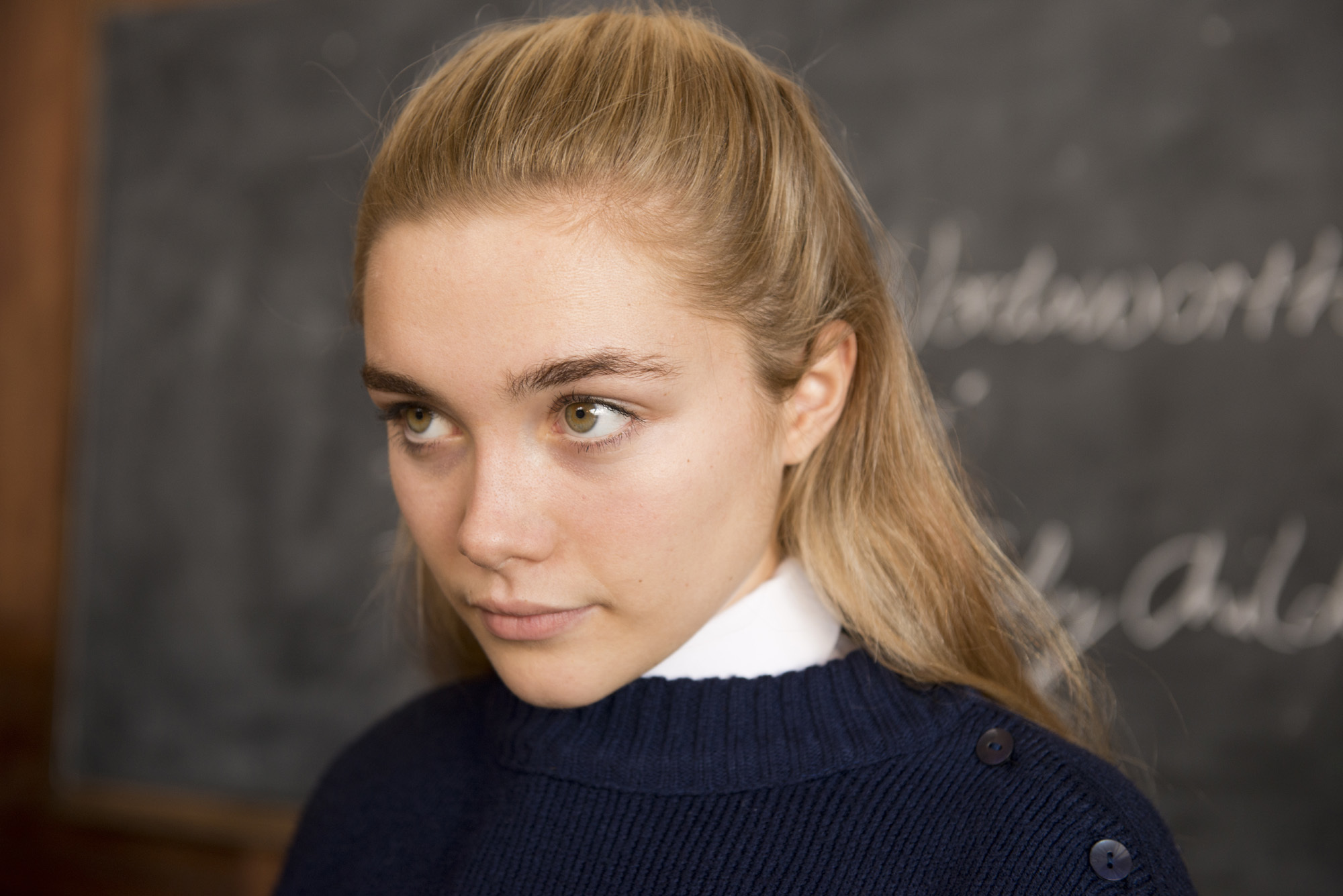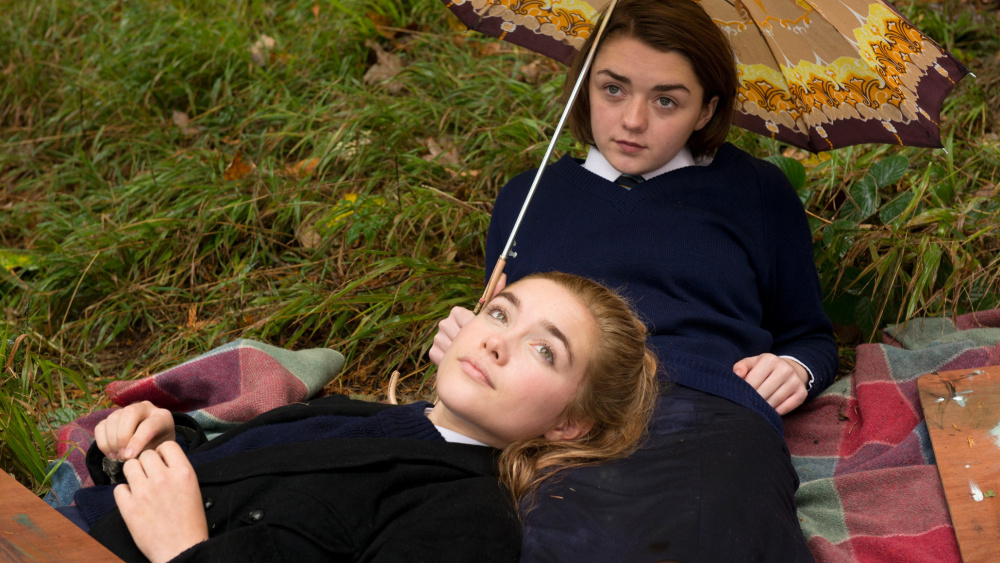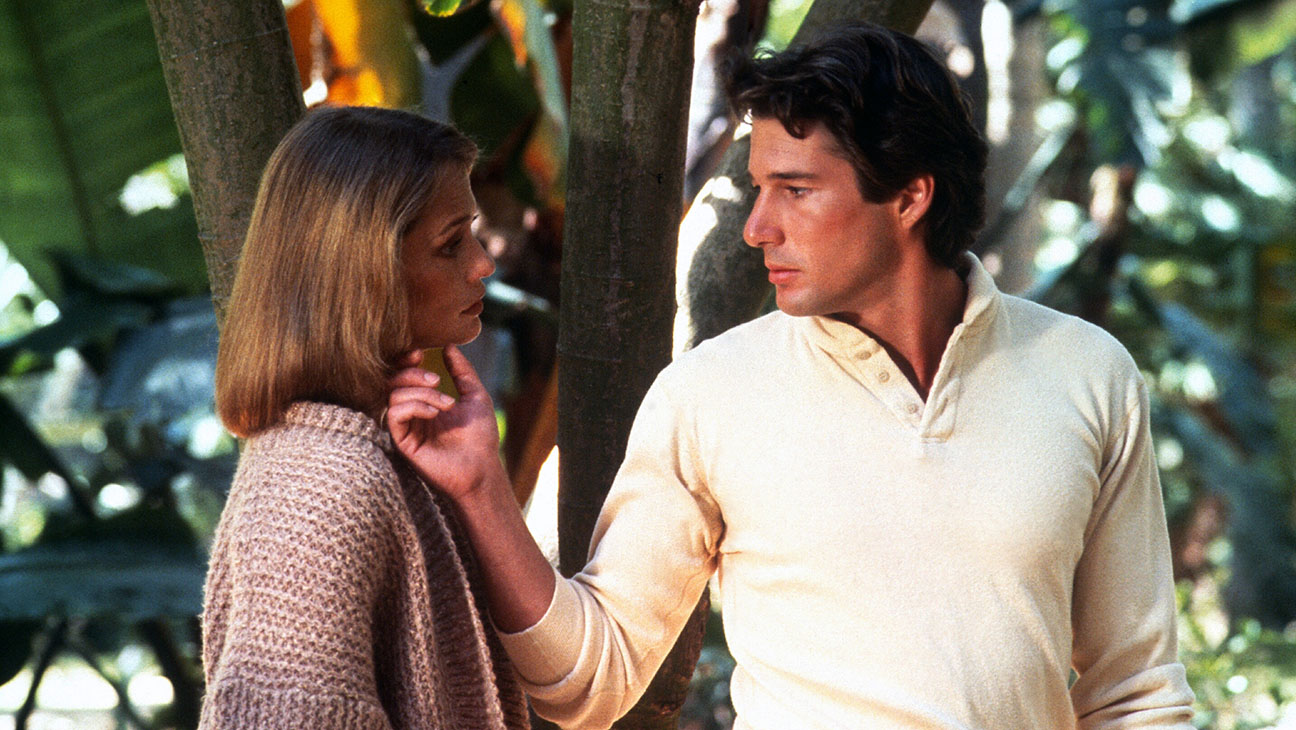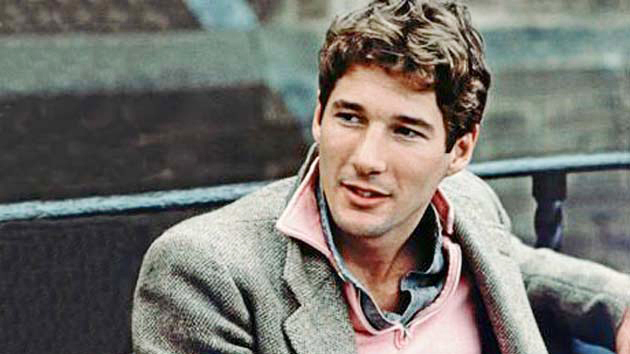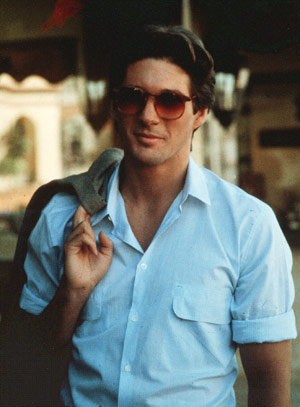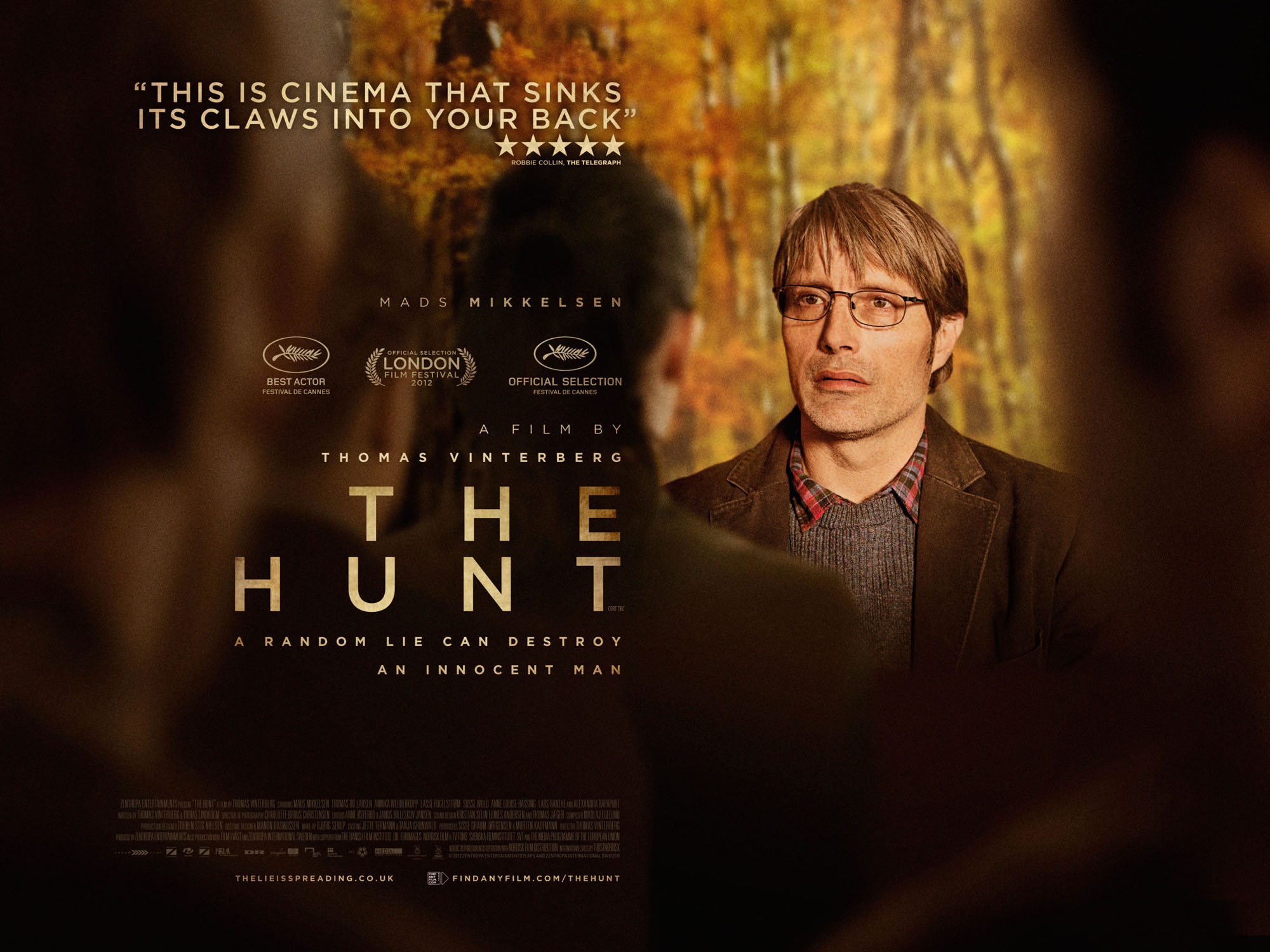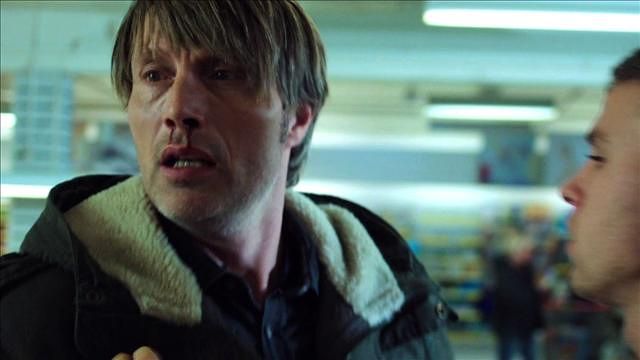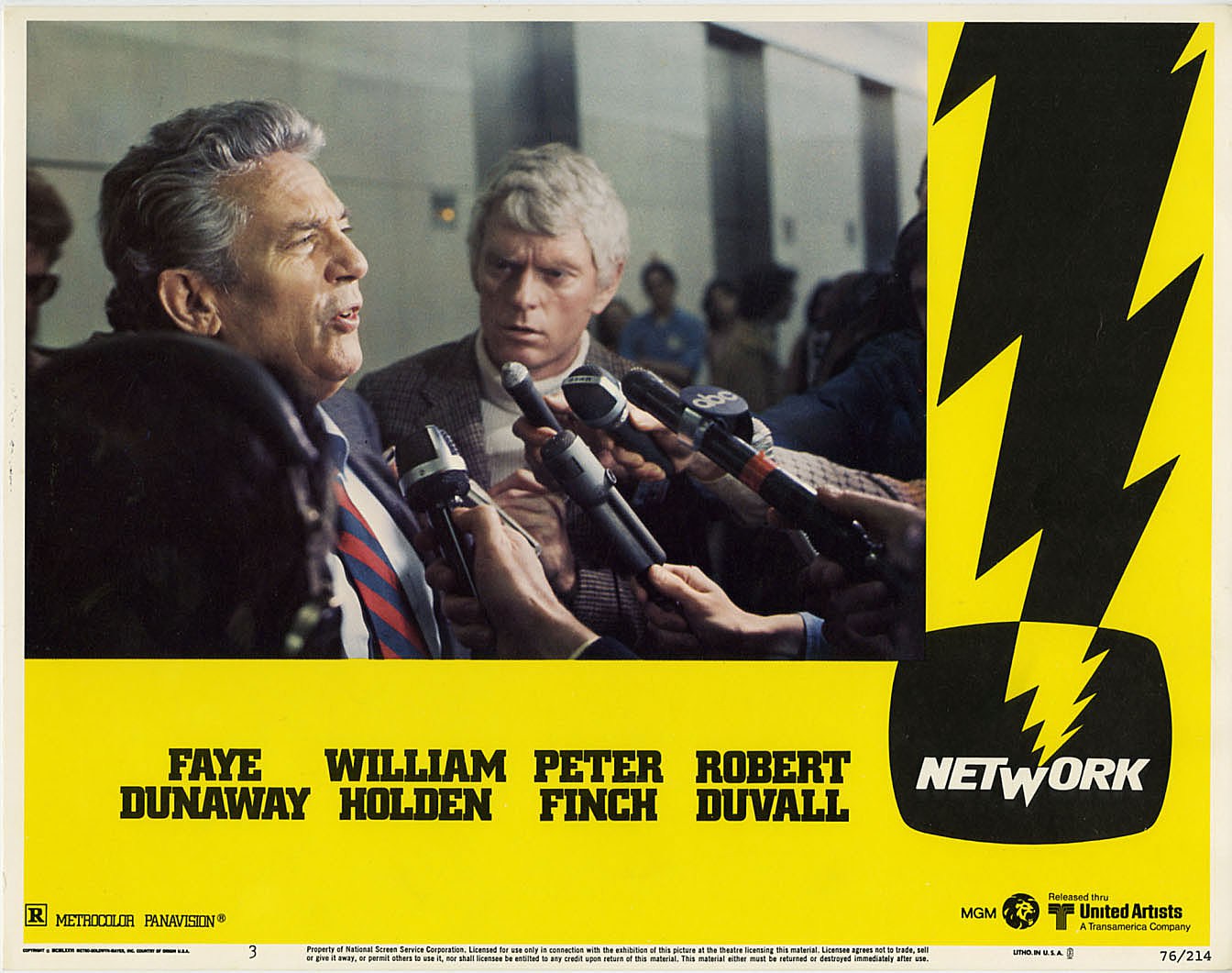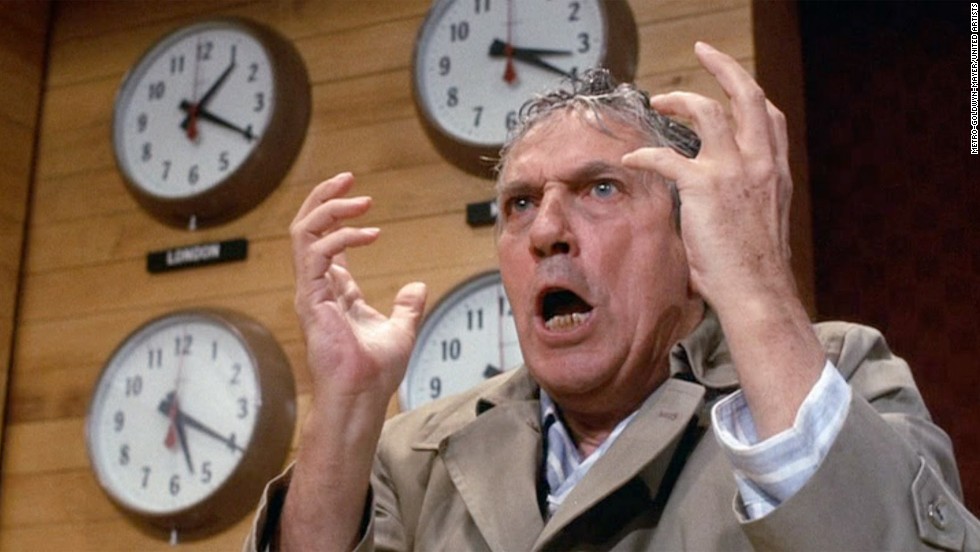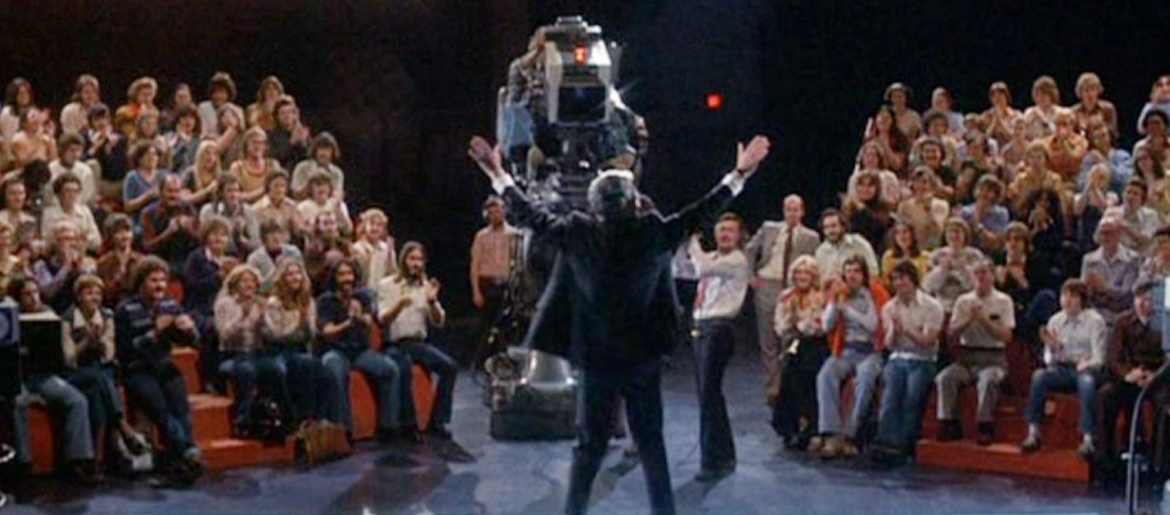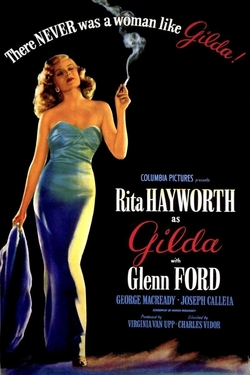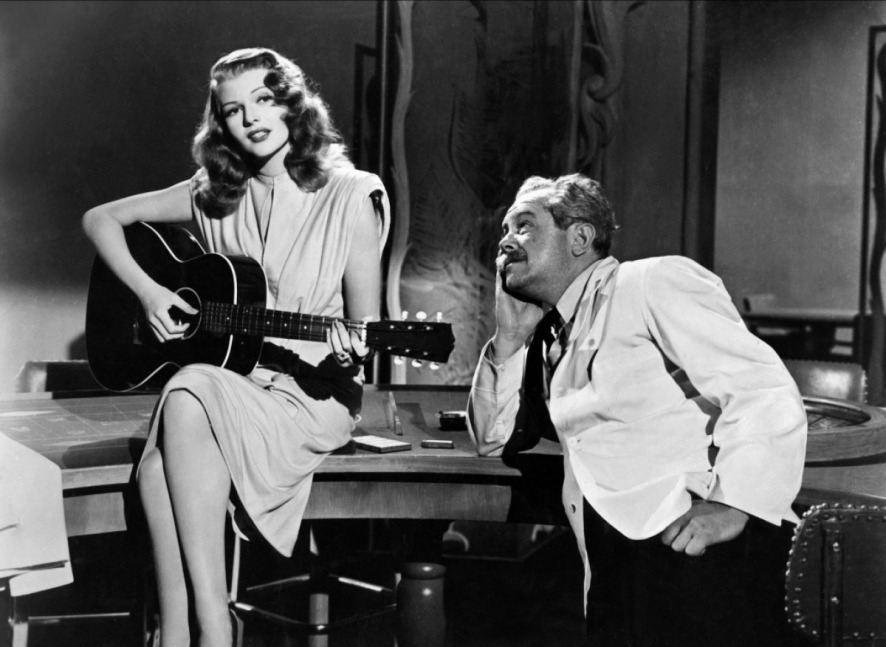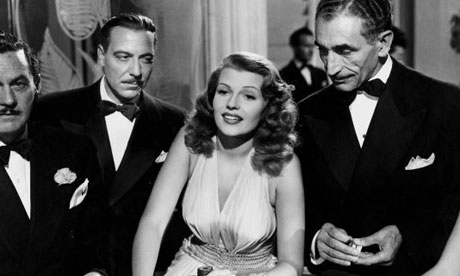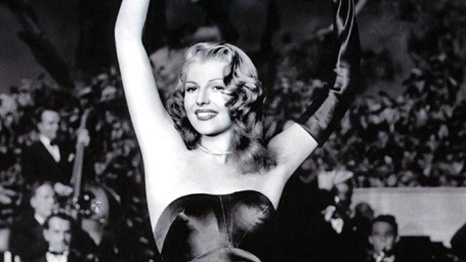Starring Catherine Deneuve, Fanny Ardant,
Isabelle Huppert and Emanuelle Béart
Written by François Ozon and Marina de Van
Directed by François Ozon
France/Italy 2002
111 mins
A seasonal setting, an isolated, snowbound country mansion and a mysterious murder are at the heart of François Ozon's exuberant dark comedy. Catherine Deneuve leads a stellar female cast - including Isabelle Huppert and Fanny Ardant - playing members of a family who gather for Christmas only to find the patriarch has been stabbed to death. What follows is part melodrama, part musical and part murder mystery - as the 8 women of the title all become suspects in the crime.
Originally intending to remake George Cukor's Hollywood classic 'The Women', director Ozon had to change his plans when the rights proved impossible to clear. He turned instead to a 1958 play by Robert Thomas, a little-known French dramatist specialising in comedy thrillers.
François Ozon is one of the most celebrated French directors working today - his films often distinguished by great female roles. He has worked with British actress Charlotte Rampling several times as well as the star of this movie Catherine Deneuve. Deneuve has a career spanning 60 years frequently playing mysterious, aloof beauties. Now in her 70s she specialises these days in tough, matriarchal figures like Gaby - her character in '8 Women'.
This is frothy over-the-top fun - a glamorous ultra-French Christmas treat that is bound to leave you with a smile on your face.
